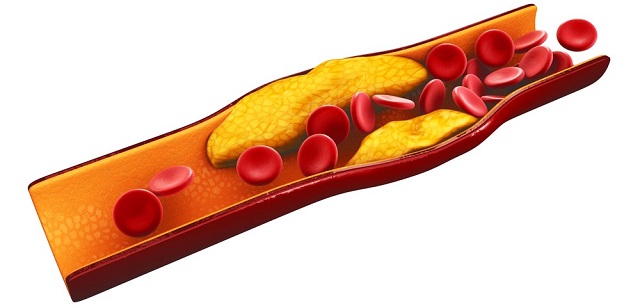

Artificial intelligence has been used for the first time to instantly and accurately measure blood flow, in a study we part-funded.

The results were found to be able to predict chances of death, heart attack and stroke, and can be used by doctors to help recommend treatments which could improve a patient’s blood flow.
A common symptom of many heart conditions
Reduced blood flow, which is often treatable, is a common symptom of many heart conditions. International guidelines therefore recommend a number of assessments to measure a patient’s blood flow, but many are invasive and carry a risk.
Non-invasive blood flow assessments are available, including Cardiovascular Magnetic Resonance (CMR) imaging, but up until now, the scan images have been incredibly difficult to analyse in a manner precise enough to deliver a prognosis or recommend treatment.
In the largest study of its kind published in the journal Circulation, researchers from Barts Health NHS Trust and University College London took routine CMR scans from more than 1,000 patients attending St Bartholomew's Hospital and the Royal Free Hospital and used a new automated artificial intelligence technique to analyse the images.
Fast results to medical teams
By doing this, the teams were able to precisely and instantaneously quantify the blood flow to the heart muscle and deliver the measurements to the medical teams treating the patients.
By comparing the AI-generated blood flow results with the health outcomes of each patient, the team found that the patients with reduced blood flow were more likely to have adverse health outcomes including death, heart attack, stroke and heart failure.
The AI technique was therefore shown for the first time to be able to predict which patients might die or suffer major adverse events, better than a doctor could on their own with traditional approaches.
The huge potential of AI
Our Associate Medical Director Professor Jeremy Pearson, said:
“This research shows the huge potential of artificial intelligence to improve the way that we predict a person’s risk of suffering from heart and circulatory diseases.
“Here, by analysing images of the heart, doctors can get a better picture of how blood is flowing through a person’s heart muscle.
“This advance could ultimately allow doctors to offer patients with heart disease more personalised and targeted therapy to prevent a future heart attack.”


